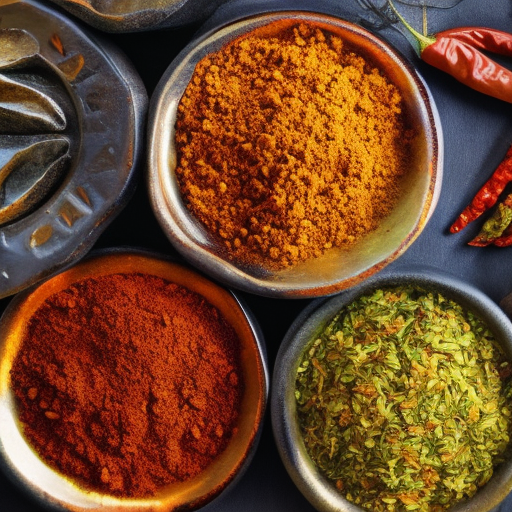One-line Summary:
Estômago: A Gastronomic Story is a Brazilian film directed by Marcos Jorge. It tells the story of Raimundo Nonato, a talented cook who rises from a humble background to become a renowned chef. The film explores themes of ambition, power, and the relationship between food and desire.
Main Cast and Crew:
- Director: Marcos Jorge
- Writers: Lusa Silvestre, Cláudia da Natividade, and Marcos Jorge
- Key Actors: João Miguel as Raimundo Nonato, Fabiula Nascimento as Iria, Babu Santana as Bujiú, Carlo Briani as Zulmiro, and Zeca Cenovicz as Giovanni
- Music Director: Sacha Amback
- Director of Photography: Toca Seabra
- Producers: Fabiano Gullane, Caio Gullane, and Débora Ivanov
Plot:
Estômago: A Gastronomic Story follows the journey of Raimundo Nonato, a young man from a poor background who dreams of becoming a chef. He moves to the city and finds work as a dishwasher in a bar. One day, he impresses the owner with his cooking skills and is promoted to cook. Raimundo’s talent in the kitchen catches the attention of Iria, a prostitute who lives in the same building. They form a unique bond, with Iria providing Raimundo with emotional support and companionship.
As Raimundo’s culinary skills continue to flourish, he catches the eye of Giovanni, the owner of a high-end Italian restaurant. Raimundo is offered a job at the restaurant, and he quickly rises through the ranks, becoming the head chef. However, his success comes at a price. He becomes entangled in a world of power, greed, and manipulation.
Throughout the film, food serves as a metaphor for desire and control. Raimundo’s passion for cooking reflects his ambition and hunger for success. The film also explores the relationship between food and sensuality, as Raimundo’s dishes elicit strong emotional responses from those who taste them.
Themes and Motifs:
Estômago: A Gastronomic Story delves into themes of ambition, power, and the consequences of pursuing one’s desires. It explores the lengths people are willing to go to achieve success and the sacrifices they make along the way. The film also examines the role of food in human relationships, highlighting how it can be used as a tool for manipulation and control.
Reception and Legacy:
Upon its release, Estômago: A Gastronomic Story received critical acclaim for its unique storytelling and strong performances. It won several awards, including the Jury Prize at the Rio de Janeiro International Film Festival and the Best Film Award at the São Paulo Association of Art Critics Awards. The film’s exploration of desire and power dynamics resonated with audiences and established it as a standout in Brazilian cinema.
Estômago: A Gastronomic Story continues to be celebrated for its compelling narrative and thought-provoking themes. It has left a lasting impact on the culinary film genre, showcasing the power of food as a storytelling device. The film’s success has also contributed to the recognition of Brazilian cinema on the international stage.
Recommendation:
Estômago: A Gastronomic Story is a captivating film that combines elements of drama, romance, and culinary art. It offers a unique perspective on ambition and desire, exploring the consequences of pursuing one’s dreams. The strong performances and visually stunning food scenes make it a must-watch for fans of both food and cinema.
Memorable Quote:
“Food is like love. You can’t live without it.” – Raimundo Nonato












